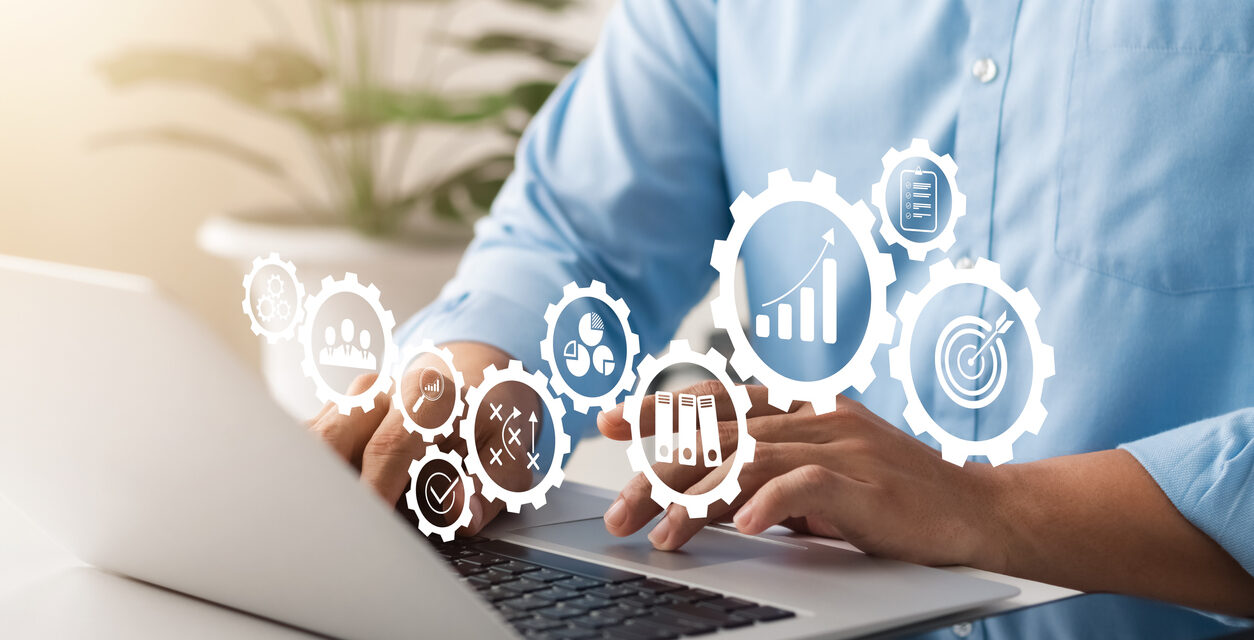Author Katrina Shanks, CEO Financial Advice NZ. Article originally published in Stuff.co.nz.
OPINION: It has never been more important than today to be organised with your finances.
Being organised helps make life easier and gives us time to make sure we’re making the best decisions – that we’re not worrying about the nuts and bolts of how things work but can concentrate on our important spending decisions.
Luckily, technology offers some great tools to help with that – like internet banking and smart phone apps that enable us to do things remotely and so saving us time and money.
Banks have been at the forefront of this progress, with smart phone apps that allow you to do everything that was once available only by going into a bank branch.
Typically, they let you perform everyday tasks, including:
- moving money between accounts
- seeing all your account balances, statements and even your transaction history
- managing your cards, including Eftpos and credit cards, including applying for replacements
- applying for new accounts and loans
- changing contributions to your KiwiSaver
- paying a bill, your credit card due payment, and even your tax
- re-fixing a floating home loan rate or a fixed-term rate
- allowing you to put a temporary lock on a misplaced card
- allowing you to set up and manage automatic payments.
They also can let you pay someone using just their mobile number, set up deposit and balance notifications so you can keep a close check on your spending, and decrease your credit card limit. Some even let you check your balance without logging in.
If you were in Australia, ANZ has an app that goes even further.
Among other things it manages spending with detailed transaction data, including maps, categories; sets and tracks multiple goals without having to open extra accounts; breaks down monthly summaries into categories; predicts upcoming bills and subscription payments; uses custom tags to filter, group and search for payments and transactions. It even contains a secure in-app chat capability so customers can contact a bank “coach” for advice.
The bank says the app makes doing your banking “insightful and simple” and it’s hard to argue with that.
It certainly takes care of all those nuts and bolts.
But if you’re like me, perhaps that level sophistication is way more than you need. All you want is something simple that takes helps you get organised by taking some of the forgetfulness out of managing your finances.
Like making sure your regular payments are made on time by setting up automatic payments.
Apart from doing some of your thinking for you, this will ensure you avoid late fees, interest payments and even grumpy email reminders.
In turn, that will help you avoid accumulating a bad credit score, which could make it harder for you to get credit in the future.
When you think about it there is a long list of payments you could automate: rent, rates, mortgage payments, electricity and gas, all your insurances (car, house, contents, health, income protection), internet, streaming subscriptions (Netflix etc), Sky, mobile phone, magazine and newspaper subscriptions gaming subscriptions, gym membership.
Also, if you make regular payments to an investment or savings account you could add them, as well as donations to your favourite charity (something many of us don’t do enough of).
I make small, regular automatic payments into my Sharesies account each month. They’re so small that I don’t notice the money not being there, but I’m often surprised how much has gone in when I check the account every few months.
I also make regular donations to a charity.
If you are a contractor or run your own business and pay provisional tax, you could automatically pay a set amount into a separate account each month to cover for much of you expected income.
But make sure you’re putting enough away each time, so you aren’t left with a lump sum to find when the due date rolls around.
It’s easy if you earn a set amount from a contract, a little more difficult if your monthly income varies.
This is when you may need to keep a regular check on it.
The same goes for bills that vary from month to month, such as electricity, though if you work out a rough set amount it should mostly take care of itself.
It’s always better to pay a little too much and have money left over than to pay too little and have to find a lump sum.
One of my friends has an automatic payment for $80 a week for their gas and electricity because they know that will cover them for the year. In summer their account goes into credit, which sits there for the bigger winter bills.
All they do is check the regular account when it comes in to make sure it shows “This account is in credit by $XX”.
The same could be done with credit card payments, with the minimum payment set up automatically to avoid that interest rate rocketing. (But remember, it’s always better to pay more than the minimum so you get the balance down as quickly as possible).
While the advantages of automatic payments are many, there are some downsides you need to be aware of.
First, if there’s not enough money in your account when the payments are due to go out, they could ‘bounce’. That means, not only will be bill be unpaid, but you could incur the penalty fee you were trying to avoid in the first place.
It’s the payments that vary in amount you should check regularly.
A colleague of mine set an automatic payment for their rates and then forgot about it for a couple of years. When they came to sell their house they found they were behind $1000 in rates payments because they hadn’t checked and adjusted for increases. The $1000 came out of the sale price, but that wouldn’t have happened if they had increased the payment by just $20 a week.
Also be aware of what payments you have. If you forget about some you could end up paying for services you stopped using weeks before.
Automating expenses not only saves you time but also helps ensure that you never miss a payment, which can negatively impact your credit score and lead to late fees.
But, as my financial adviser would say, make sure you monitor your bank statements regularly to verify your automatic payments are processed correctly and to track your overall financial health.
– ENDS –





